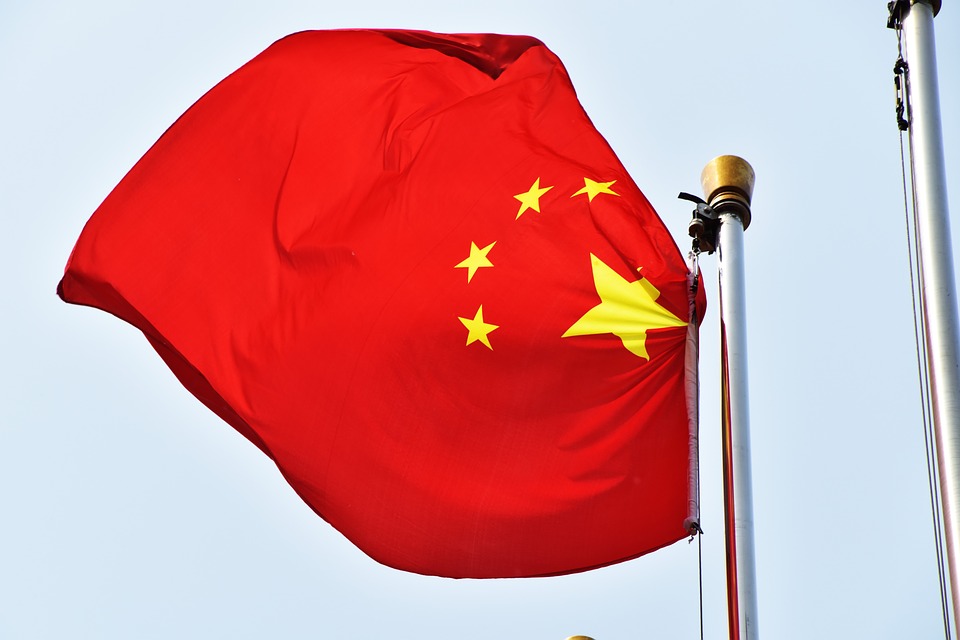
BEIJING — China on Wednesday defended a five-year prison sentence handed down to a Taiwanese pro-democracy activist who held online political lectures and helped the families of jailed Chinese dissidents, saying the punishment was arrived at partly due to the “degree of harm to society.”
The trial of Lee Ming-che was seen as a demonstration of how Beijing’s harshest crackdown on human rights in decades has extended beyond the Chinese mainland, and sent a chill through Taiwanese society.
Lee and a mainland Chinese colleague pleaded guilty and were convicted on the vaguely defined charge of “subversion of state power.” The Chinese man, Peng Yuhua, was given a seven-year sentence. Both said they would not appeal — a possible sign they had reached a deal with the court in exchange for a degree of leniency.
Spokesman for the Cabinet’s Taiwan Affairs Office Ma Xiaoguang told reporters Wednesday that Lee’s sentence was based on “the facts, the nature and circumstances of the crime and the degree of harm to the society.”
Ma offered no specific details on the degree of harm, but said, “Whether Lee Ming-che’s actions endanger the security and security of the mainland should be judged by mainland laws,” rather than by outsiders.
Taiwan’s government and human rights groups have condemned the trial and sentencing as unacceptable and a legal farce.
It was also criticized by Lee’s wife, Lee Ching-yu, who was in China for the sentencing and planned to issue a statement on her return to Taiwan on Wednesday afternoon.
The case has drawn widespread attention on the island, possibly hardening attitudes among supporters of the ruling Democratic Progressive Party who have resisted making political concessions to China.
Ma appeared to dismiss such sentiments, without addressing them directly.
“Attempts by anyone to use this case to carry out political speculation and provoke confrontational sentiment between compatriots on both sides of the Taiwan Straits will be in vain,” Ma said.
Along with demonstrating Chinese President Xi Jinping’s hard line on civil and political rights, the case against Lee was seen as part of a pressure campaign against the administration of Taiwanese President Tsai Ing-wen.
Since Tsai’s election last year, relations between Taiwan and China have sunk to near an all-time low over her refusal to endorse Beijing’s claim to the island as Chinese territorial.
China cut off contacts with Taiwan’s government in June of last year, and has cut back on visits to the island by Chinese tourists.
It has lured away two of Taipei’s dwindling numbers of diplomatic allies and moved to bar Taiwan’s representatives from attending international gatherings to which they had previously had access.
At the same time, it has reinforced its threat to use military force to bring the island under its control, most recently sending military jets to circle the island.
Ma said questions about such matters should be referred to the defence ministry, but added that “the best way to ensure stability in the Taiwan Strait is to oppose Taiwan independence … and pursue the path of peaceful development of relations between the two sides.”